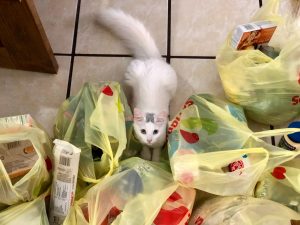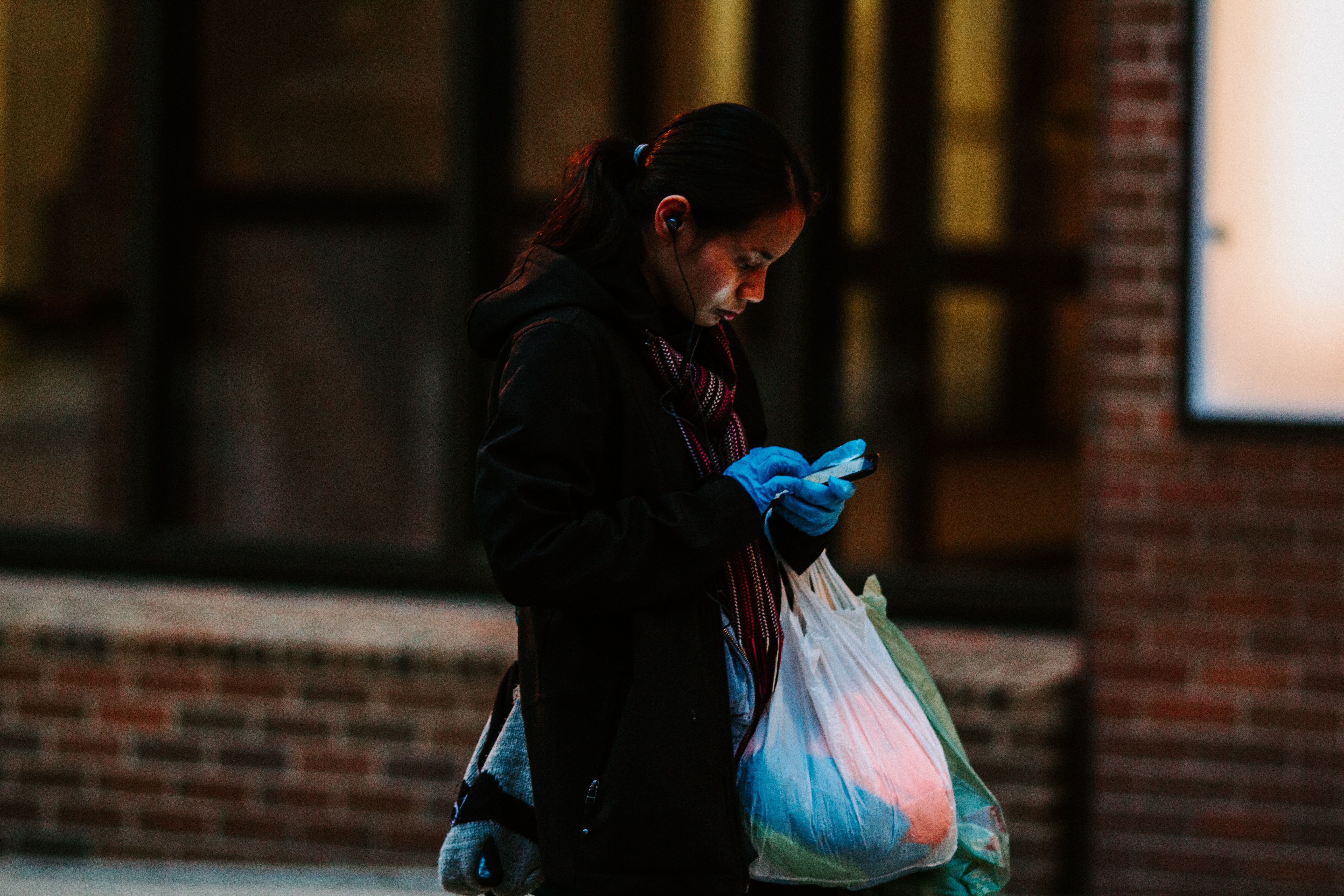The coronavirus is accelerating the need for plastic alternatives.
It seems many companies are trying to counteract the detrimental impact COVID-19 has had on the environment by coming up with alternatives to single-use disposal products. Coronavirus personal protection equipment (PPE) has been traditionally thrown out after every use and quickly bogging down landfills. Avantium, a small start-up, recently announced it has a plant-based plastic in the works and is partnering with companies like Dannon, which alone generates 24.6 billion in food products every year, and Coca-Cola to see to it that the beverage companies transition to more environmentally friendly packaging.
“This plastic has very attractive sustainability credentials because it uses no fossil fuels and can be recycled, but would also degrade in nature,” Tom Van Aken, CEO of Avantium, said. “This plastic has very attractive sustainability credentials because it uses no fossil fuels and can be recycled – but would also degrade in nature much faster than normal plastics do.”

Certain states had made the decision a few years back to ban plastic bag use. However, bans are being temporarily lifted amid the pandemic. California has allowed stores to use plastic until late June under an executive order from Governor Gavin Newsom despite the fact the state has had a plastic bag ban since 2016. New York delayed enforcement of its ban until June 15.
Even though a 2019 Pew Research Center survey showed roughly 72 percent of Americans say they actively try to limit their plastic use, the amount of plastic waste per person has remained constant, researchers say – 4 ounces per person every day, for a total of about 15.6 million tons in 2017. This means the responsibility had shifted to manufacturers to make up the difference.
“We’re fortunate enough that we aren’t seeing anyone say, ‘I’m not worried about sustainability, I’m just going to focus on survival right now,’” said Troy Swope, co-founder and chief executive of Footprint, which produces fiber-based alternatives to single-use plastics. “If anything, we’ve seen an acceleration,” he added. Swope said his product’s shelf life “helps prevent additional food waste; complete biodegradability and compostability; and is microwavable.”
Notpla is another company trying to limit the environmental impact of the coronavirus. The company came up with a small pouch, referred to as an Ooho, which is made from seaweed and other plants. This pod (the size of a detergent pod) is “edible and biodegrades in four to six weeks, is the ideal replacement for single-serving condiment packets,” said Pierre Paslier, the company’s co-founder and co-chief executive. He added, “We use plastic for five minutes, and it ends up in the ocean for 100 years.” Last year, Notpla partnered with Lucozade, a sports drink, to hand out Oohos at the London Marathon.
Zuleyka Strasner founded Zero, a single-use, plastic-free online grocery store that drops off items in reusable containers. These are washed by customers and picked up with the next round. The company currently only serves the Bay Area, but has plans to expand. Strasner said, “The coronavirus has allowed demand to grow 200 percent.”
Ecovative, another first starter, grows packaging by filling custom-shape molds with agricultural residues like wood chips, which act as a food source, and mycelium cells. The mycelium feeds on the wood chips, growing its fibers around and through the food source, and, in four to six days, takes on the shape of the mold, which can then be removed. Ecovative Design’s product is one of the few plastic alternatives for foam.
Andy Bass, said, “Ecovative’s incubators are set to particular temperature and moisture conditions, depending on the strain, which mimic conditions beneath the soil. This way, the mycelium senses that it is still underground, and grows only as mycelium fibers rather than as caps.”
With all of the bad that COVID-19 has brought to the world, there is a silver lining in the fact the pandemic has brought to market sustainable options more quickly. Plastic alternatives and reusable personal protection equipment are showing up much sooner than expected.
Sources:
Tired of Plastic? These Businesses Have Ideas for You
New Plant-Based Bottles and Cups Backed by Coca-Cola And Dannon Can Degrade in a Year


Join the conversation!